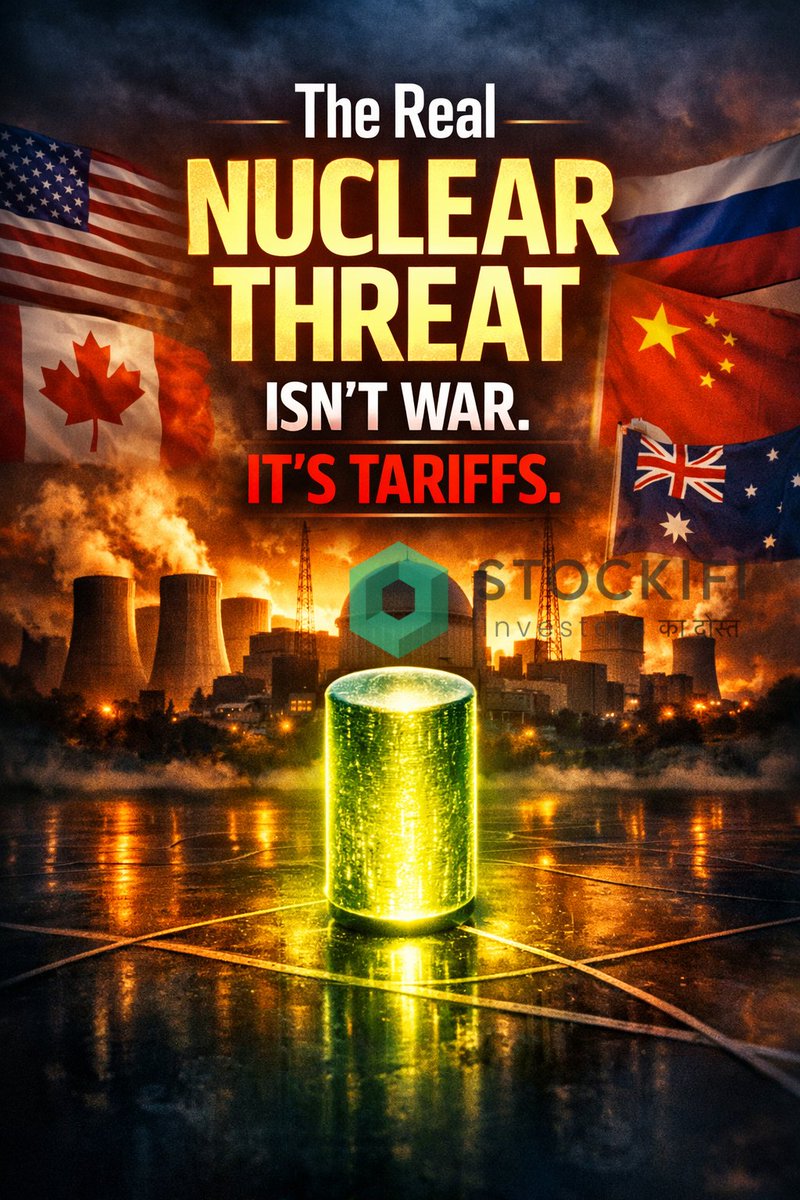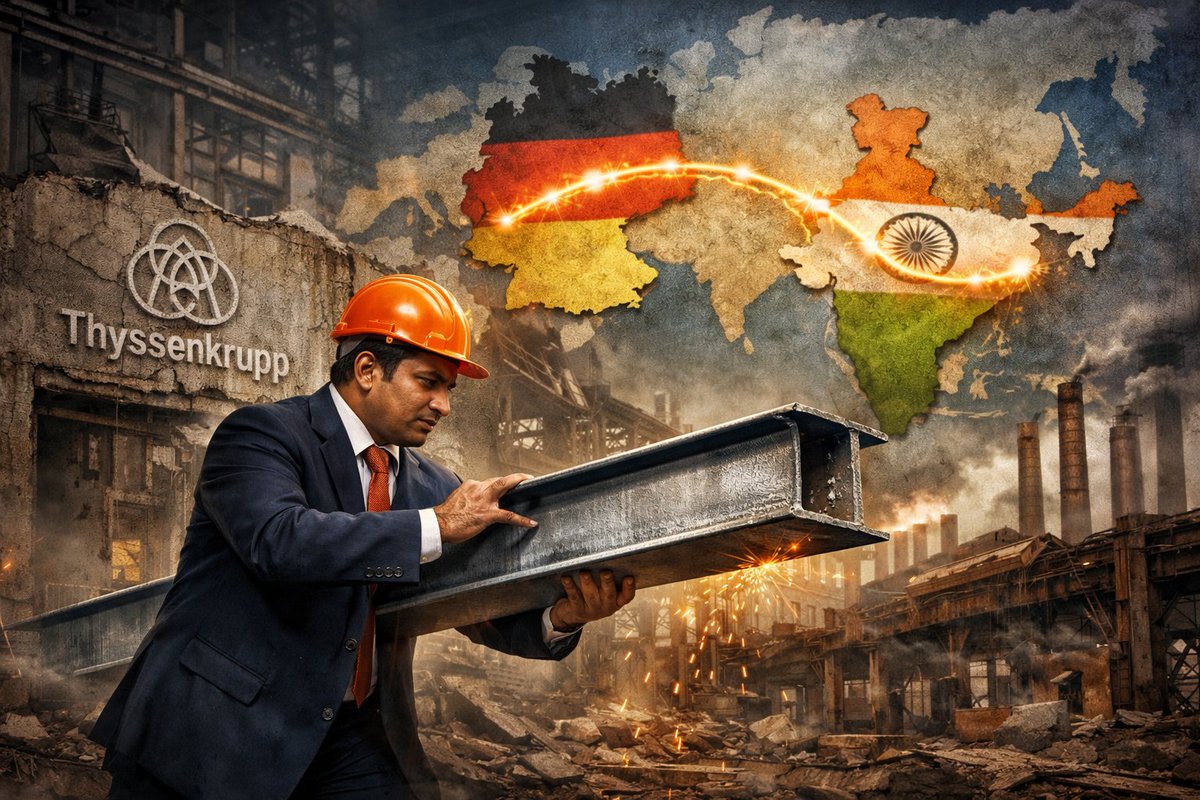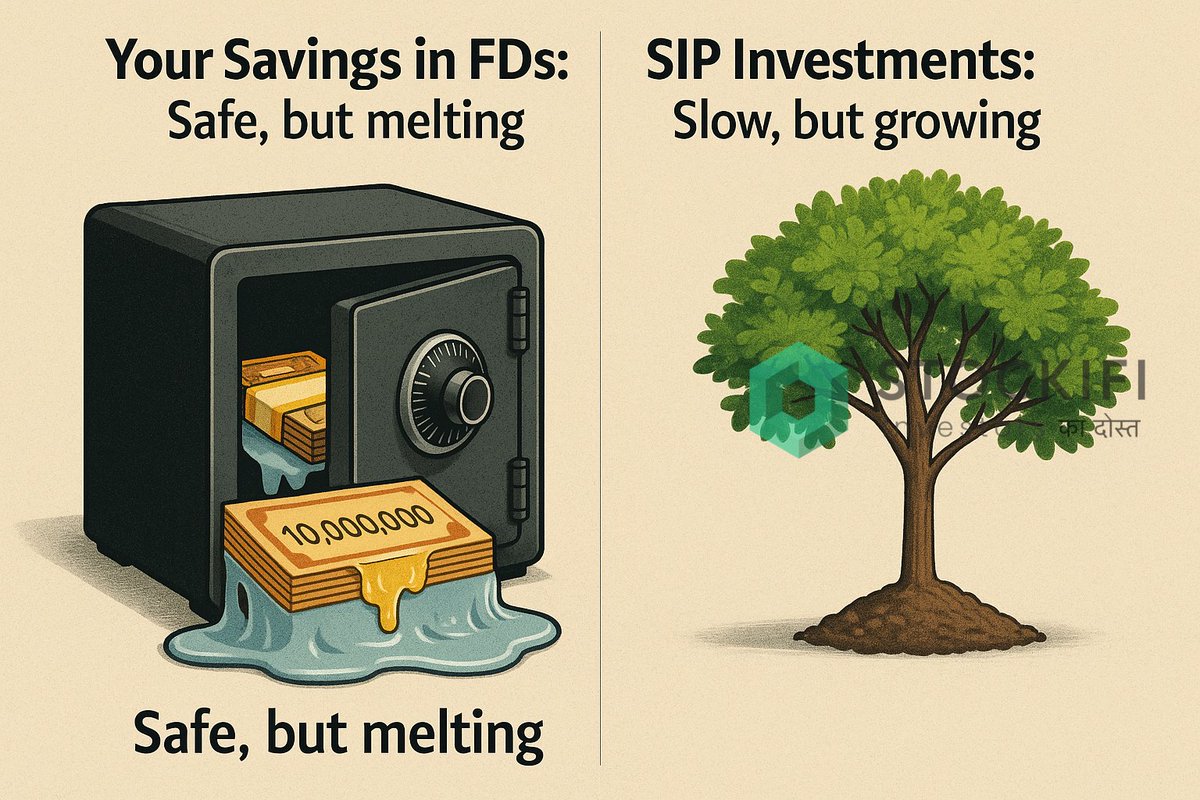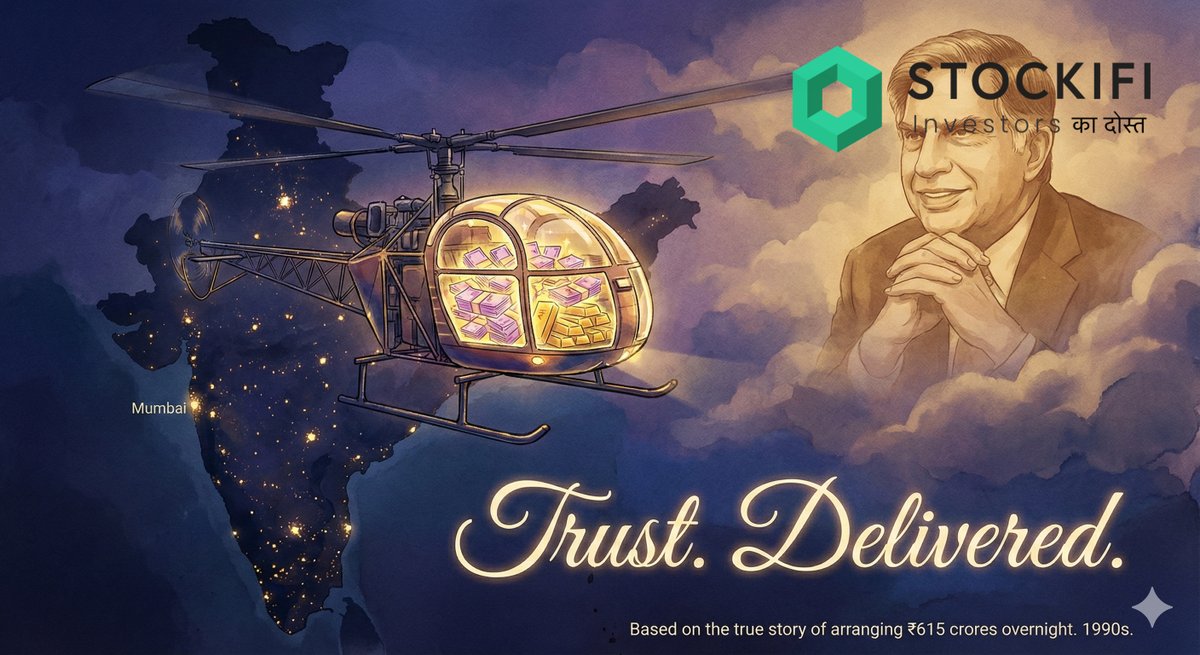Mega-Thread on one of India's most valuable private enterprises that constructed iconic sites such as #BSE Building: Shapoorji Pallonji Group
Would appreciate a Retweet or Like as it helps educate more investors and inspire us to work harder on more upcoming threads👇🧵
Would appreciate a Retweet or Like as it helps educate more investors and inspire us to work harder on more upcoming threads👇🧵

1) The Group started in 1865, when Shapoor's grandfather, Mr. Pallonji, set up a partnership with an Englishman, Littlewoods Pallonji & Co.
2) Group operates in construction, real estate, textiles, engineered goods, home appliances, shipping, power, and biotechnology.
2) Group operates in construction, real estate, textiles, engineered goods, home appliances, shipping, power, and biotechnology.
3)It built Mumbai landmarks such as the headquarters of the RBI and HSBC, and Central Railway's terminus at CST.
4)In 1936 they bought F.E. Dinshaw and Co. after the death of its promoter.
4)In 1936 they bought F.E. Dinshaw and Co. after the death of its promoter.
5) F.E. Dinshaw was an established finance firm that had high-profile dealings such as arranging a loan from the Maharaja of Gwalior for Tata Steel and merging local cement companies to form ACC in 1936.
6)In 1971, the company constructed a stone palace for the Sultan of Oman.
6)In 1971, the company constructed a stone palace for the Sultan of Oman.
7)After winning a takeover battle against Pawan Kumar Sanwarmal Group, Shapoorji Pallonji purchased Forbes Gokak (now Forbes and Company) from the Tata group in 2001-02.
8)Shapoorji Pallonji is considered one of the most valuable private companies in India.
8)Shapoorji Pallonji is considered one of the most valuable private companies in India.
9)When the Taj Mahal Hotel was severely damaged during the terrorist attacks of November 2008, it was the construction prowess of Shapoorji Pallonji that was able to repair and restore the landmark hotel to its old glory.
10)In fact, Mumbai's history has been closely tied to Shapoorji Pallonji's history, as both a city and a major commercial icon in India.
11)Forbes & Company Ltd and Gokak Textiles Inc. are both listed companies owned by the US$2.5 billion Shapoorji Pallonji Group.
11)Forbes & Company Ltd and Gokak Textiles Inc. are both listed companies owned by the US$2.5 billion Shapoorji Pallonji Group.
12)They have built many landmarks in Mumbai, such as the Hong Kong Bank, the Grindlays Bank, the Reserve Bank of India, the BSE, and even the Taj Intercontinental Hotel.
13)Since 2011, it is the only company in the group to remain a listed company on the BSE.
13)Since 2011, it is the only company in the group to remain a listed company on the BSE.
14)As of 2012, Shapoorji Pallonji was planning to build a deepwater port in Gujarat.
15)Shapoor Mistry announced in 2012 that the Group would invest in a deep-sea port, an IT park, hydroelectricity, and the construction of night shelters for the poor in West Bengal.
15)Shapoor Mistry announced in 2012 that the Group would invest in a deep-sea port, an IT park, hydroelectricity, and the construction of night shelters for the poor in West Bengal.
16)Joyville Homes, Shapoorji Pallonji's first brand of affordable housing introduced in January 2016.
17) In 2016, a Broadway-style musical based on the 1960 film Mughal-e-Azam was co-produced by Shapoorji Pallonji Group and the National Centre for the Performing Arts
17) In 2016, a Broadway-style musical based on the 1960 film Mughal-e-Azam was co-produced by Shapoorji Pallonji Group and the National Centre for the Performing Arts
18)Among his first projects was the construction of the Girgaum Chowpatty and of the Malabar Hill Reservoir (supplied water to Mumbai for 100 years)
19)Additionally, the company built the Brabourne stadium in Mumbai and the Jawaharlal Nehru stadium in Delhi.
19)Additionally, the company built the Brabourne stadium in Mumbai and the Jawaharlal Nehru stadium in Delhi.
20)Likewise, the Mumbai Central Railway station, was constructed by them for a cost of 1.6 crores.
21)Recently, it built Barakhamba Underground Station in Delhi and Providence Stadium in Guyana.
21)Recently, it built Barakhamba Underground Station in Delhi and Providence Stadium in Guyana.
22) Also constructed some iconic buildings abroad, including the Sultan of Oman's palace, the Seat of Government in Ghana, and the Park Towers in Dubai.
23)In honor of Shapoorji Pallonji, Shapooor believed it was appropriate to colorize the film in the style of his grandfather.
23)In honor of Shapoorji Pallonji, Shapooor believed it was appropriate to colorize the film in the style of his grandfather.
24)The company also owned 12.5% of Tata Sons, which is now managed by Shapoorji Pallonji.
25)In 2017, the group conducted camps for organ donation and free eye tests and ran projects to help underprivileged children.
25)In 2017, the group conducted camps for organ donation and free eye tests and ran projects to help underprivileged children.
26)On top of these achievements, Shapoorji Pallonji Group has also demonstrated its commitment to corporate social responsibility in many ways. As an example, it helped clean up and restore the 300-year-old Nayalanka pond in Barasat West Bengal.
28)Shapoorji Pallonji Real Estate is in talks with HDFC Capital Advisors, the real estate fund management arm of HDFC, and International Finance Corporation (IFC) separately, to float a platform to invest and develop low-cost homes across the country, sources in the know said.
29) They plan to build homes in Rs 10 to 20 lakh categories on the peripheries of tier-II cities (Jaipur)
30)Sterling and Wilson, a Shapoorji Pallonji company, announced that it has signed an order worth ₹930 crores received from Saudi Arabia's leading renewable energy co.
30)Sterling and Wilson, a Shapoorji Pallonji company, announced that it has signed an order worth ₹930 crores received from Saudi Arabia's leading renewable energy co.
31)They have launched a 148-acre project 'VAHANA' near Bavdhan, Pune.
32)The project will be a mixed-use development and will be a part of one of the largest townships in India. Shapoorji Pallonji Real Estate will invest around ₹4,000 crores to develop a project in Pune.
32)The project will be a mixed-use development and will be a part of one of the largest townships in India. Shapoorji Pallonji Real Estate will invest around ₹4,000 crores to develop a project in Pune.
33)Eureka Forbes, a company owned by the Shapoorji Pallonji Group, is expanding in Europe and other geographies besides the United States and Canada.
34)In 2019, Realty developer Shapoorji Pallonji real estate has entered into an agreement with global property investment management firm Hines to jointly develop two phases of its premium residential project Parkwest in Bangalore.
35)Also Partnered with Lokhandwala Infrastructure to jointly develop a marquee project ‘MINERVA’ at Mahalaxmi in South Mumbai
36)Shapoorji Pallonji Group said it's time to exit from Tata Sons after a relationship that spanned 70 years turned sour in the last few years. "
36)Shapoorji Pallonji Group said it's time to exit from Tata Sons after a relationship that spanned 70 years turned sour in the last few years. "
37)Shapoorji Pallonji (SP) Group had slapped a notice on Tata Sons Ltd’s board, seeking unspecified damages for blocking the group’s plan to raise funds by pledging its shares in the Tata group holding company.
38)The group had recently sold 317 MW of operational solar projects in Maharashtra and Tamil Nadu to private equity investor KKR for ₹1,554 crores.
39) The group is in the final lap to bag the construction mandate of the UK’s largest amusement park, persons aware of the development told Business Standard. Pegged at $1.8 billion in construction deal size,
40) A Broadway-style musical based on the 1960 film Mughal-e-Azam was produced by Shapoorji Pallonji and the National Centre for the Performing Arts in 2016.
Would appreciate a Retweet as it helps educate more investors and inspire us to work harder on more upcoming threads👇🧵
Would appreciate a Retweet as it helps educate more investors and inspire us to work harder on more upcoming threads👇🧵
• • •
Missing some Tweet in this thread? You can try to
force a refresh










